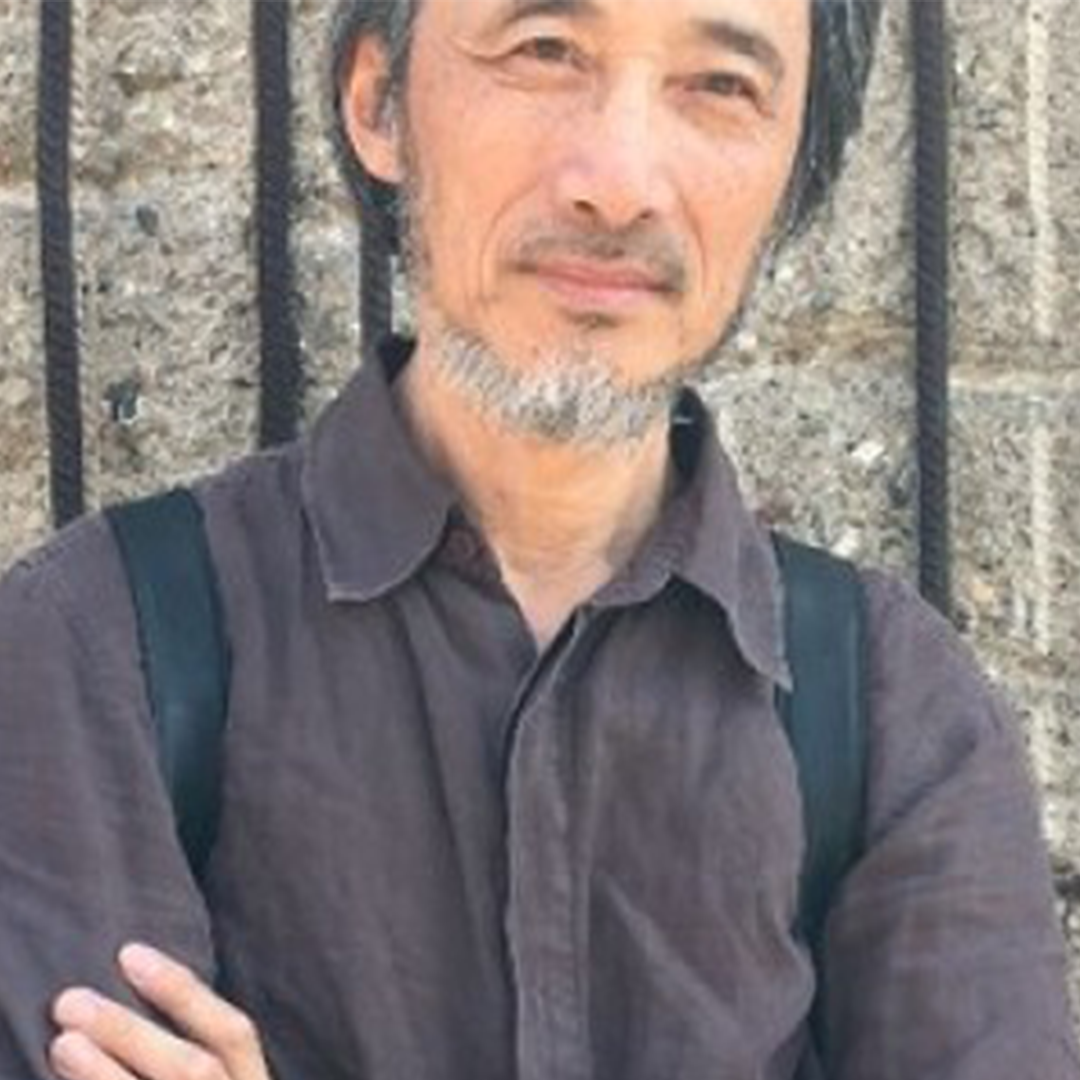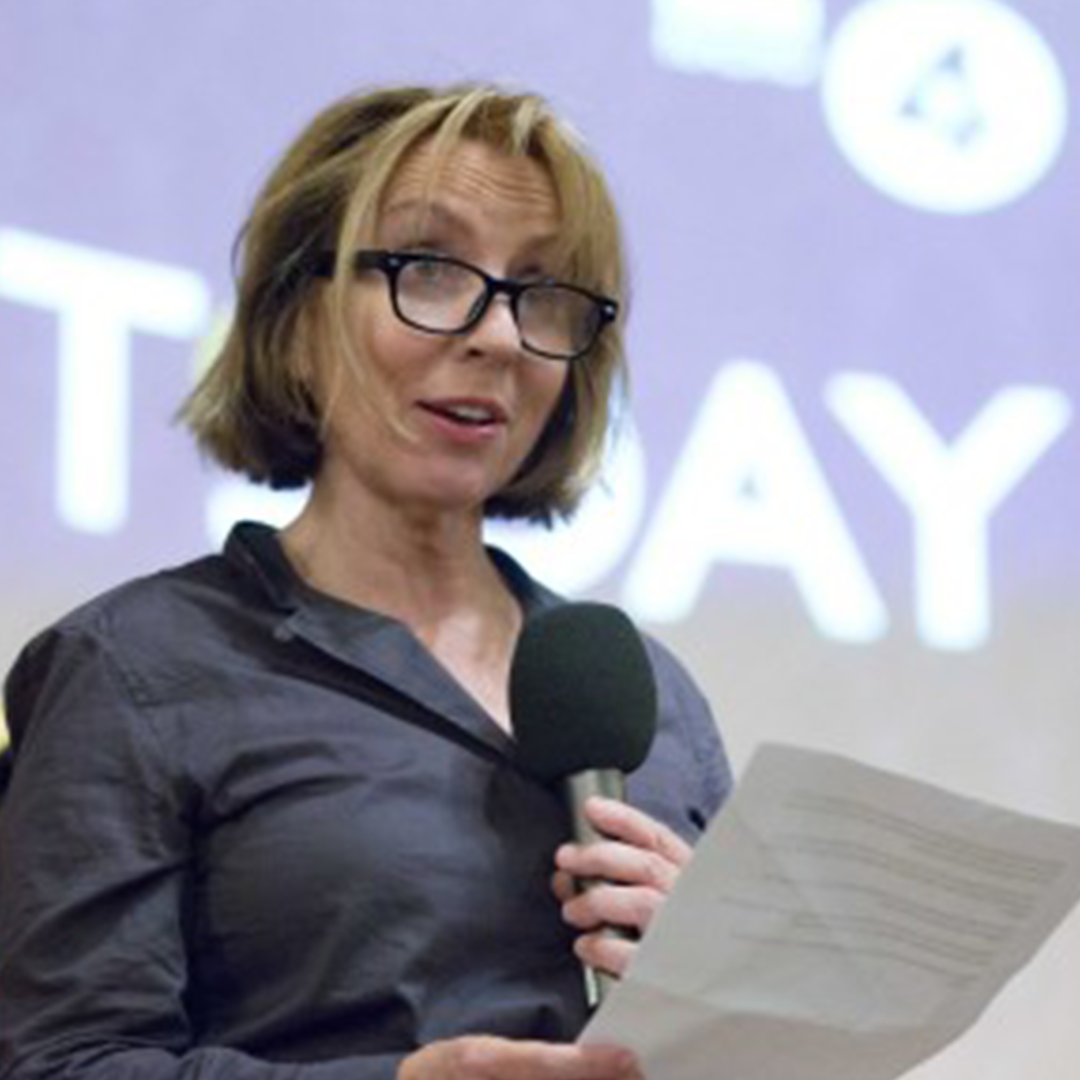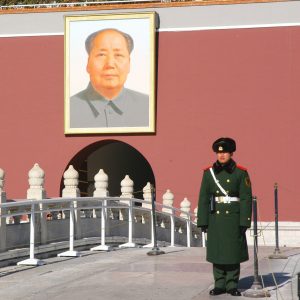Index relies entirely on the support of donors and readers to do its work.
Help us keep amplifying censored voices today.
FEATURING

Author
Ma Jian is an award-winning Chinese writer. His latest novel is China Dream. His work is banned in China

Singer

Journalist
Sarah Sands is Chair of the Gender Equality Advisory Council for G7 and a board member of Index on Censorship. Sands was the former editor of BBC’s Today programme
[vc_row][vc_column][vc_column_text]

Photo: PublicDomainPictures
The awful actions of the Chinese government over the last month have dominated our news agenda. The collective actions of the government and their outliers have been designed to silence dissent, to intimidate and to bully.
They have repeatedly attacked core democratic principles both at home and abroad, undermining fair political participation. They’ve arrested democracy activists, changed the law to restrict electoral access to the Hong Kong Legislative Council to sanctioned ‘patriots’ otherwise known as the allies and friends of the Government of China.
The ruling Chinese Communist Party (CCP) has also sanctioned British parliamentarians and activists for daring to speak out about the acts of genocide, happening as I type, in Xinjiang province against the Uighur community. The CCP chose not to target members of the British Government nor key businesses with sanctions.
Instead, it sent a political message and targeted backbench Conservative MPs, two think-tanks and an academic, those who had been most vocal in exposing the actions of the CCP in both Xinjiang and Inner Mongolia. This was a move intended to silence criticism not impose economic sanction, a clumsy and ineffectual effort to restrict free speech outside China’s borders.
This week, these aggressive actions by the CCP culminated with yet another attack on media freedom when the BBC’s lead China correspondent, John Sudworth, was forced to relocate with his family from Beijing to Taiwan after a campaign of state-sanctioned threats and intimidation. Sudworth and his wife, a fellow journalist for the Irish RTE, Yvonne Murray, were faced with no other option than to leave after months of personal attacks in Chinese state media and by Chinese government officials. They will both continue to report on events in China from Taiwan.
The harassment of international journalists in China (and now in Hong Kong) is becoming normalised, with dozens of journalists having to leave in recent months; threats of visas being withheld are now commonplace. This is simply unacceptable.
China seeks to be a loud voice on the global stage – they need to live up to their commitments under the Universal Declaration of Human Rights. They need to remember they are signatories to Article 19 and that media freedom and free expression are protected rights.
Index stands in solidarity with John and Yvonne.[/vc_column_text][/vc_column][/vc_row][vc_row][vc_column][three_column_post title="You may also want to read" category_id="41669"][/vc_column][/vc_row]
[vc_row][vc_column][vc_single_image image="116283" img_size="full" add_caption="yes"][vc_column_text]Index on Censorship has condemned the removal today of the director of broadcasting of Radio Television Hong Kong from his post and his replacement with a civil servant approved by the Hong Kong Government.
Veteran journalist Leung Ka-wing has been in the post since 2015 and his contract was due to come to an end in August this year, although his tenure had already been extended by three years in 2018.
The Hong Kong government announced today that he would leave his post immediately, with civil servant Patrick Li Pak-chuen taking over on 1 March. Li has served as deputy secretary for home affairs since 2017 and has previously worked in the Security Bureau.
Commenting on the appointment, the Secretary for the Civil Service, Patrick Nip, said, "Li is a seasoned administrative officer with proven leadership and management skills. I believe that he will continue to serve the community with professionalism and dedication in his new capacity, and ably lead the Radio Television Hong Kong (RTHK) to meet the challenges ahead."
In its statement, the Government made a clear point of Li’s role at the broadcaster. “As Director of Broadcasting, Li will ensure that RTHK fully abides by the charter of RTHK,” it said.
Index’ s CEO Ruth Smeeth said, “Hong Kong has been a bastion of media freedom for decades. This chilling statement from the Chinese Government removing the Director of HKTV is another step towards a truly authoritarian regime in Hong Kong. We stand in solidarity with the people of Hong Kong and those journalists are trying to cling on to their media freedom which is so precious.”
The news comes in the wake of a tit-for-tat battle been China and the UK over broadcast rights.
On 4 February, the UK’s broadcasting regulator Ofcom rescinded the licence of China Global Television Network (CGTN), an international English-language satellite news channel, following an investigation into who held editorial control for CGTN’s output.
A spokesperson said, “Our investigation showed that the licence for CGTN is held by an entity which has no editorial control over its programmes. We are unable to approve the application to transfer the licence to China Global Television Network Corporation because it is ultimately controlled by the Chinese Communist Party, which is not permitted under UK broadcasting law.”
A week later, the Chinese government banned the broadcasting of BBC World News in the country. China's National Radio and Television Administration said the BBC’s broadcasts were not “truthful and fair" and it caused harm to China's national interests.
RTHK also announced it would stop relaying the BBC’s World Service radio.[/vc_column_text][/vc_column][/vc_row][vc_row][vc_column][three_column_post title="You may also want to read" category_id="40980"][/vc_column][/vc_row]
[vc_row][vc_column][vc_single_image image="116226" img_size="full" add_caption="yes"][/vc_column][/vc_row][vc_row][vc_column][vc_column_text]China has banned the BBC in mainland China for breaches of rules on truth and impartiality according to the state news agency.
The report said the British broadcaster would not have its licence renewed by China's media regulator at the start of the Chinese new year. The move follows the decision last week by the UK regulator, Ofcom, to strip the Chinese state broadcaster CGTN of its licence in the UK.
The Chinese statement said BBC World News "was found to have seriously violated regulations on radio and television management and on overseas satellite television channel management in its China-related reports which went against the requirements that news reporting must be true and impartial, and undermined China's national interests and ethnic solidarity."
BBC World News was not available in most domestic news packages in China but could be viewed at some hotels. Recent BBC reports on China’s handling of the coronavirus outbreak and abuses in Xinjiang’s internment camps are thought to have infuriated the authorities.
In Hong Kong, the publicly funded broadcaster Radio Television Hong Kong also said it was suspending the relay of BBC radio news programming.
Index on Censorship CEO Ruth Smeeth said, “Index on Censorship is appalled at the Chinese Government’s announcement today to ban the BBC World Service from broadcasting in China.
“Media freedom is enshrined in the Universal Declaration of Human Rights and as an original signatory the Republic of China has a responsibility to protect media diversity – not attack it.
“We are concerned that this is just the latest in an ongoing crackdown on foreign media outlets in China. Last year foreign journalists, including from the Wall Street Journal, the New York Times, and the Washington Post, were effectively expelled from the country allegedly as a result of their reporting.
“The BBC World Service provides impartial and factual news throughout the world and is a trusted news outlet. This assault on its integrity is a clear effort to further restrict access to information to those who reside in China.
“Index will be writing to the Chinese Ambassador in the UK today as we call on the Chinese Government to immediately re-instate broadcast rights for the BBC and to guarantee ongoing access to BBC journalists both in China and Hong Kong and to ensure their safety.”
British Foreign Secretary Dominic Raab said the ban was “an unacceptable curtailing of media freedom. China has some of the most severe restrictions on media & internet freedoms across the globe & this latest step will only damage China’s reputation."
The BBC said in a statement: “We are disappointed that the Chinese authorities have decided to take this course of action. The BBC is the world’s most trusted international news broadcaster and reports on stories from around the world fairly, impartially and without fear or favour.”[/vc_column_text][/vc_column][/vc_row]